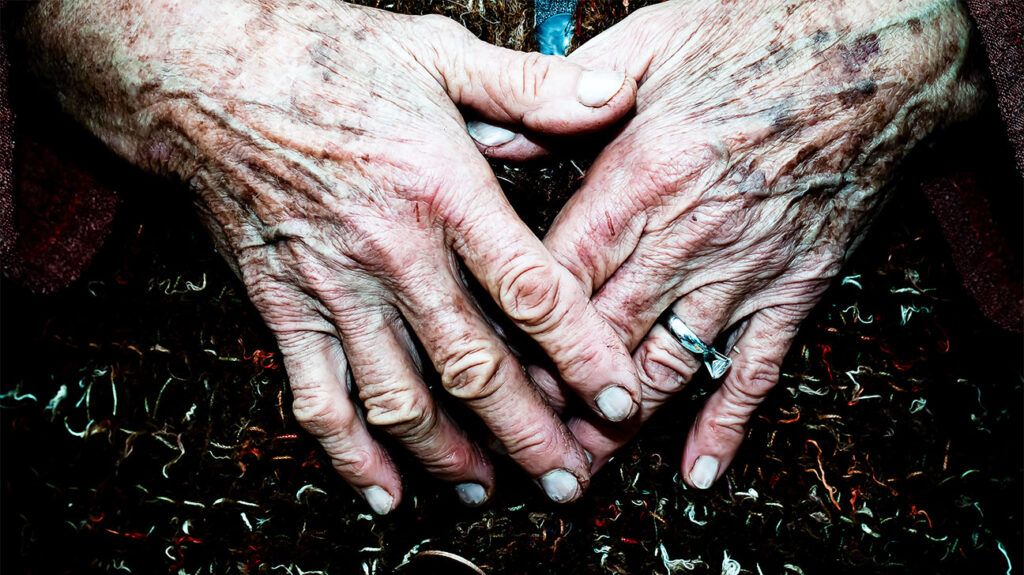Innovative Algae-Based Gel Enhances Breast Cancer Research Capabilities

A groundbreaking algae-derived hydrogel developed by UCSB researchers offers a customizable platform for studying breast tissue development and cancer progression, with potential applications in regenerative medicine.
In a significant advancement for breast cancer research, scientists from the University of California, Santa Barbara, have developed a novel algae-derived gel that mimics the natural basement membrane surrounding epithelial cells in the breast tissue. This breakthrough was driven by the COVID-19 pandemic in 2020 when the limited availability of traditional gels prompted researcher Jane Baude and her advisor, Professor Ryan Stowers, to engineer their own synthetic alternative. Their algae-based hydrogel not only supports the growth and development of normal mammary gland tissue in the lab but can also be fine-tuned to study how cellular environments influence development and malignancy.
The team published their findings in Science Advances, demonstrating that by adjusting the mechanical and biochemical properties of their gel, they could guide cell behavior, mimic cancerous conditions, and analyze cellular responses to different tissue environments. This approach highlights the importance of physical context—such as tissue stiffness—in cancer progression, with stiffer environments linked to tumor growth. Traditionally, studying epithelial cells required basement membrane substitutes from animal sources, but these often lacked precision. The algae-based gel offers a versatile, customizable platform for studying tissue development and disease.
Stowers emphasized that cell behavior is highly sensitive to their mechanical surroundings. Their research indicates that environments with increased stiffness can promote malignant transformation, aligning with clinical observations of tumor-associated tissue rigidity. The team’s engineered gel could eventually enable the growth of complex tissues and organs from patient cells, opening doors for regenerative medicine and personalized therapies.
Overall, this innovative algae-based hydrogel represents a major step forward in creating more accurate, tunable models for cancer and tissue research, giving scientists a powerful new tool to understand and potentially control disease development.
Stay Updated with Mia's Feed
Get the latest health & wellness insights delivered straight to your inbox.
Related Articles
Devices Designed to Save Lives Can Also Foster Dangerous Fungal Infections
New research reveals how medical devices can unintentionally promote fungal biofilms, leading to serious infections. Learn about the molecular mechanisms behind these dangerous developments and the potential paths to prevention.
Innovative Cell-Mapping Tool Offers Multi-Layered Insights into Cancer Behavior
Virginia Commonwealth University has developed Vesalius, an AI-powered cell-mapping tool that provides detailed multi-layered views of tumor tissues, advancing personalized cancer treatment and research.
Innovative Skin Swabs Offer Potential for Early Detection of Parkinson’s Disease
Discover how skin swabs analyzing sebum and scent markers could enable noninvasive early detection of Parkinson’s disease, potentially years before symptoms appear.
Effective Strategies to Prevent Dehydration and Heat-Related Illnesses During Summer
Discover effective strategies to stay hydrated and prevent heat-related illnesses during the hot summer months with expert tips and practical advice.



